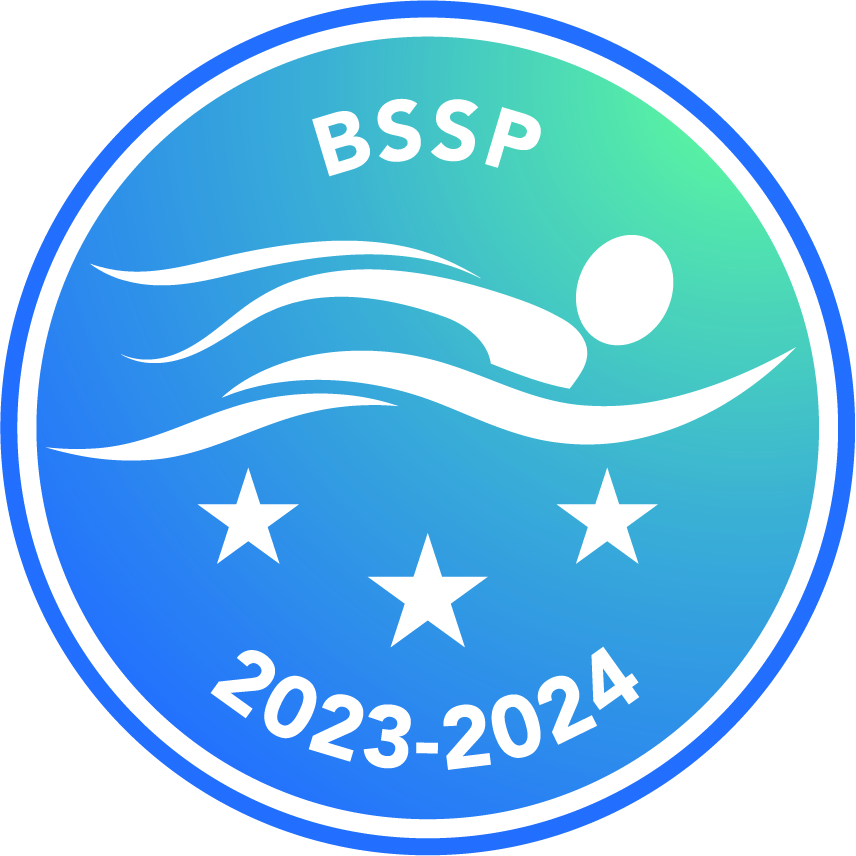Writing
At The Downley School, we believe that every child is a writer. We are passionate about developing every child’s knowledge, motivation and confidence in their writing. We have chosen HFL Education’s ESSENTIALWRITING as the basis of our writing curriculum for Years 1-6. This is an ambitious and progressive writing scheme which provides our children with opportunities and tools to write for a range of specific purposes and authentic audiences. As a result, our children feel inspired and ready to write high-quality outcomes within the classroom but also have the knowledge, strategies and confidence to choose to write in their own lives.





